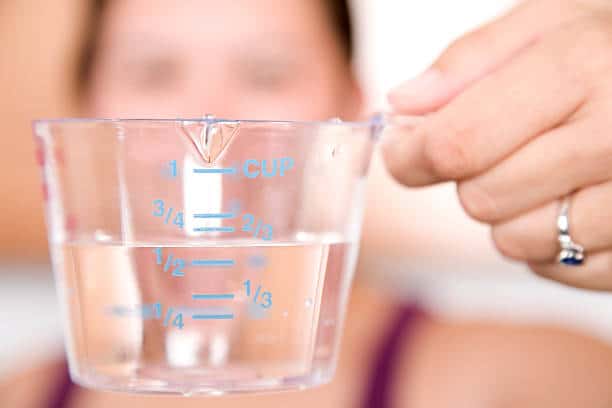Table of Contents
ToggleWhen it’s hot outside, you probably already know that it’s important to drink a lot of water. However, regardless of the temperature, it is essential to drink enough water each day. Sadly, many of us, particularly older people, are not drinking enough. When compared to when they were younger, older people are less able to sense thirst. And if they’re taking a diuretic or another medication that can make them lose fluids, this could be a problem.
1 3 cup of water.Benefits of drinking water Water keeps the body’s systems running smoothly. According to the Harvard Medical School Special Health Report Six-Week Plan for Healthy Eating, water performs numerous important functions, including:
transporting oxygen and nutrients to your cells, removing bacteria from your bladder, facilitating digestion, preventing constipation, restoring normal blood pressure, cushioning joints, safeguarding organs and tissues, and regulating your body temperature while maintaining a healthy electrolyte balance.
Staying hydrated means giving your body enough fluids to do those things.
You run the risk of becoming dehydrated if you don’t drink enough water every day. Weakness, low blood pressure, dizziness, confusion, and dark urine are all signs of dehydration.
How much water should you consume then?
The majority of people require four to six cups of water per day.The four-to-six-cup rule applies to people who are generally healthy. If you have certain health conditions, like thyroid disease, kidney, liver, or heart problems, it’s possible to drink too much water; or if you take antidepressants, nonsteroidal anti-inflammatory drugs (NSAIDs), opiate painkillers, or other medications that make you lose water.
If you fall into that category, how much water should you drink every day? There is no universal solution. If you’re not sure how much water you should drink, talk to your doctor. Your water intake should be tailored to your needs.
But even a healthy person will need different amounts of water, especially if they sweat while exercising or are outside in the heat. Talk to your doctor if you want to know how much water you should drink during those times. Healthy people should drink two to three cups of water per hour, more if they sweat a lot.
Tips for staying hydrated You don’t just need water to stay hydrated. Your daily needs are met by drinking water-containing beverages. Additionally, the idea that beverages with caffeine or alcohol are dehydrating because they make you urinate is a myth. They do, but the water from these drinks still makes a net positive contribution to total fluid intake throughout the day.
Water is still the best option for many reasons, of course.
Keep in mind that sugary drinks can make you gain weight and cause inflammation, both of which can make you more likely to get diabetes. 1 3 cup of water. Caffeine overdose can cause jitters or prevent you from falling asleep. Additionally, women should limit their alcohol consumption to one drink per day and men to one to two drinks per day.
Drink fluids gradually throughout the day to prevent dehydration. Drinking at each meal, both socially and in conjunction with medication, is an easy way to accomplish this.
Additionally, keep in mind that foods high in water, such as fruit, applesauce, and salads, provide you with fluids.
On Twitter, one of my followers asked me to use cups and spoons as measuring tools for my recipes instead. I explained to her that the majority of skilled chefs will prefer to create recipes using weight rather than volume. The reason for this is that weighted recipes are 100% accurate, and accuracy is crucial when cooking in bulk, as chefs frequently do. Customers return to your restaurant to sample the same item they tried previously. Weights and scales are used in all but 90% of the recipes I have and swear by.
However, as a compromise, I have agreed to post a few tables to assist those who lack a nearby scale. Please exercise caution because, for instance, a cup of flour weighs less than a cup of water. However, as many variables as possible should be covered by these tables.








